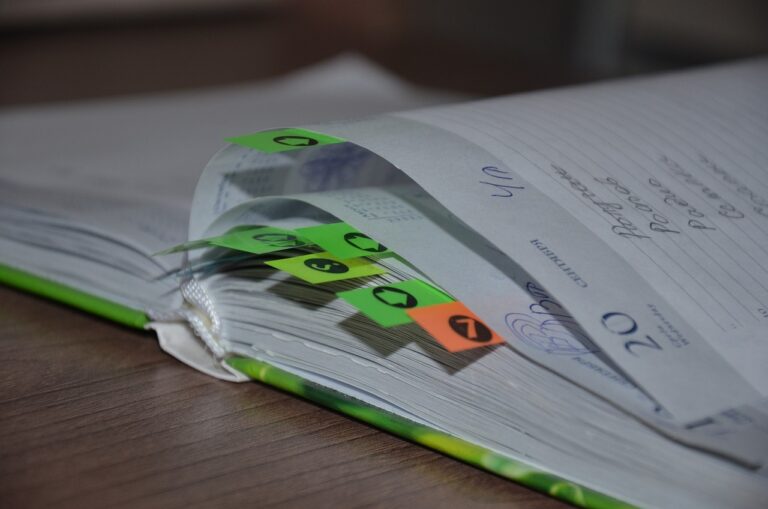Addressing Environmental Sustainability Through School-wide Recycling Initiatives
Recycling in schools plays a vital role in instilling environmentally conscious values in students from a young age. By incorporating recycling practices within the school environment, students learn to reduce waste, conserve resources, and minimize their carbon footprint. This hands-on approach not only benefits the environment but also promotes a sense of responsibility and sustainability among the younger generation.
Moreover, implementing recycling initiatives in schools helps create a culture of environmental awareness that extends beyond the classroom. Students are encouraged to think critically about their everyday consumption habits and the impact of their actions on the planet. Through active participation in recycling programs, students develop a greater appreciation for the environment and gain the necessary skills to become stewards of a more sustainable future.
Benefits of Implementing School-wide Recycling Initiatives
School-wide recycling initiatives provide numerous benefits that extend beyond the immediate environment. By implementing recycling programs in schools, students are encouraged to develop a sense of responsibility towards sustainability. This hands-on experience allows them to understand the impact of their actions on the planet and empowers them to make more eco-friendly choices in their daily lives.
Furthermore, school-wide recycling initiatives help to instill a culture of environmental consciousness within the school community. As students actively participate in sorting and collecting recyclable materials, they foster a mindset of resourcefulness and conservation. This collective effort not only reduces the amount of waste generated by the school but also promotes a shared commitment to preserving the environment for future generations.
Tips for Educating Students on the Importance of Recycling
Educating students on the importance of recycling is a crucial step towards fostering a sustainable mindset in the younger generation. One effective tip is to incorporate visual aids and hands-on activities to make learning about recycling engaging and memorable. Students can benefit from seeing the impact of their actions firsthand, whether through recycling competitions, creating art from recycled materials, or visiting recycling facilities.
Furthermore, integrating discussions about the environmental benefits of recycling into different subjects across the curriculum can reinforce the significance of sustainable practices. By weaving topics on recycling into science, art, or even literature lessons, students can gain a holistic understanding of how their actions directly contribute to environmental preservation. This interdisciplinary approach not only broadens students’ knowledge but also encourages them to become active participants in creating a greener future.
Why is recycling important in schools?
Recycling in schools helps to instill good habits in students at a young age, reduces waste and promotes environmental conservation.
What are some benefits of implementing school-wide recycling initiatives?
Some benefits of implementing school-wide recycling initiatives include reducing landfill waste, conserving natural resources, and teaching students about sustainability.
How can we educate students on the importance of recycling?
You can educate students on the importance of recycling through classroom lessons, hands-on recycling activities, and school-wide recycling programs.
What can students do to promote recycling in their school?
Students can promote recycling in their school by being responsible for sorting and disposing of their waste properly, encouraging their peers to recycle, and participating in school-wide recycling efforts.
How can teachers incorporate recycling education into their curriculum?
Teachers can incorporate recycling education into their curriculum by integrating lessons on recycling and sustainability into their lesson plans, organizing recycling projects, and discussing the importance of recycling with their students.







